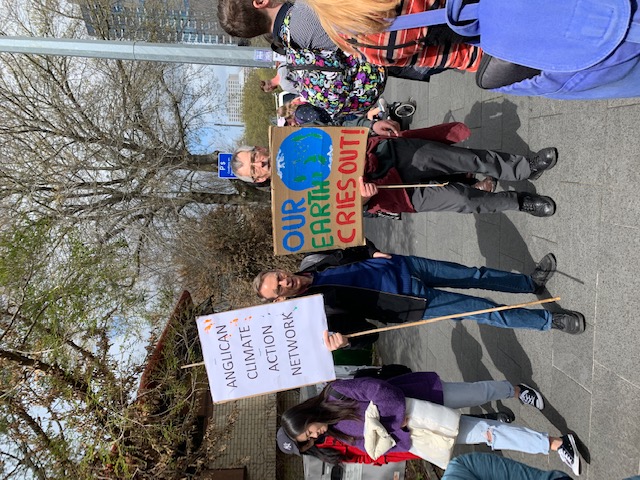
Home
Engagement
Climate Change - can we make a difference?
Dr Jenny Salmond, Associate Professor, Environment, University of Auckland, spoke in a Lenten series on Water about what we can do to make a difference

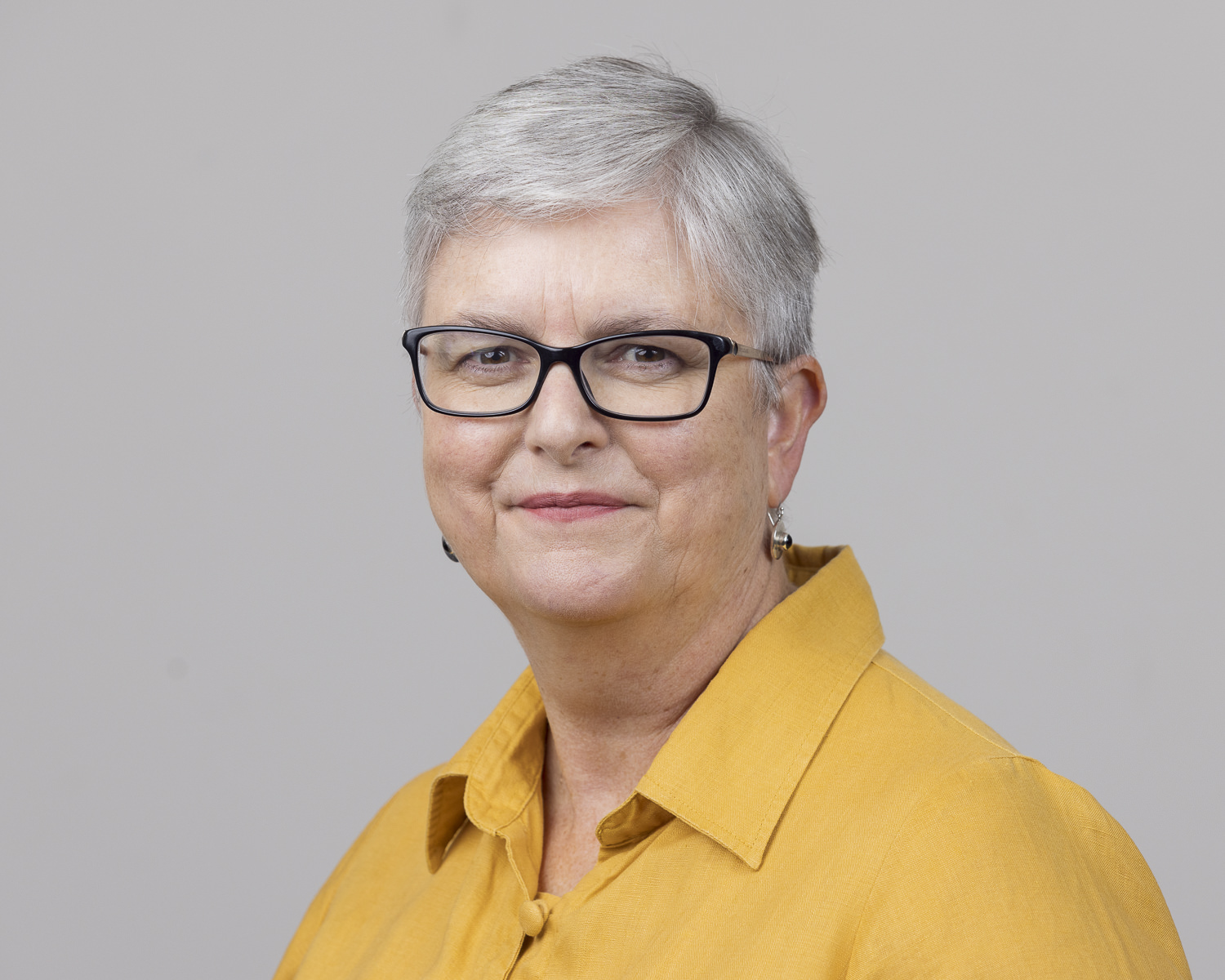
Media interviews

Being a people of the land

Unlearning for creation’s sake
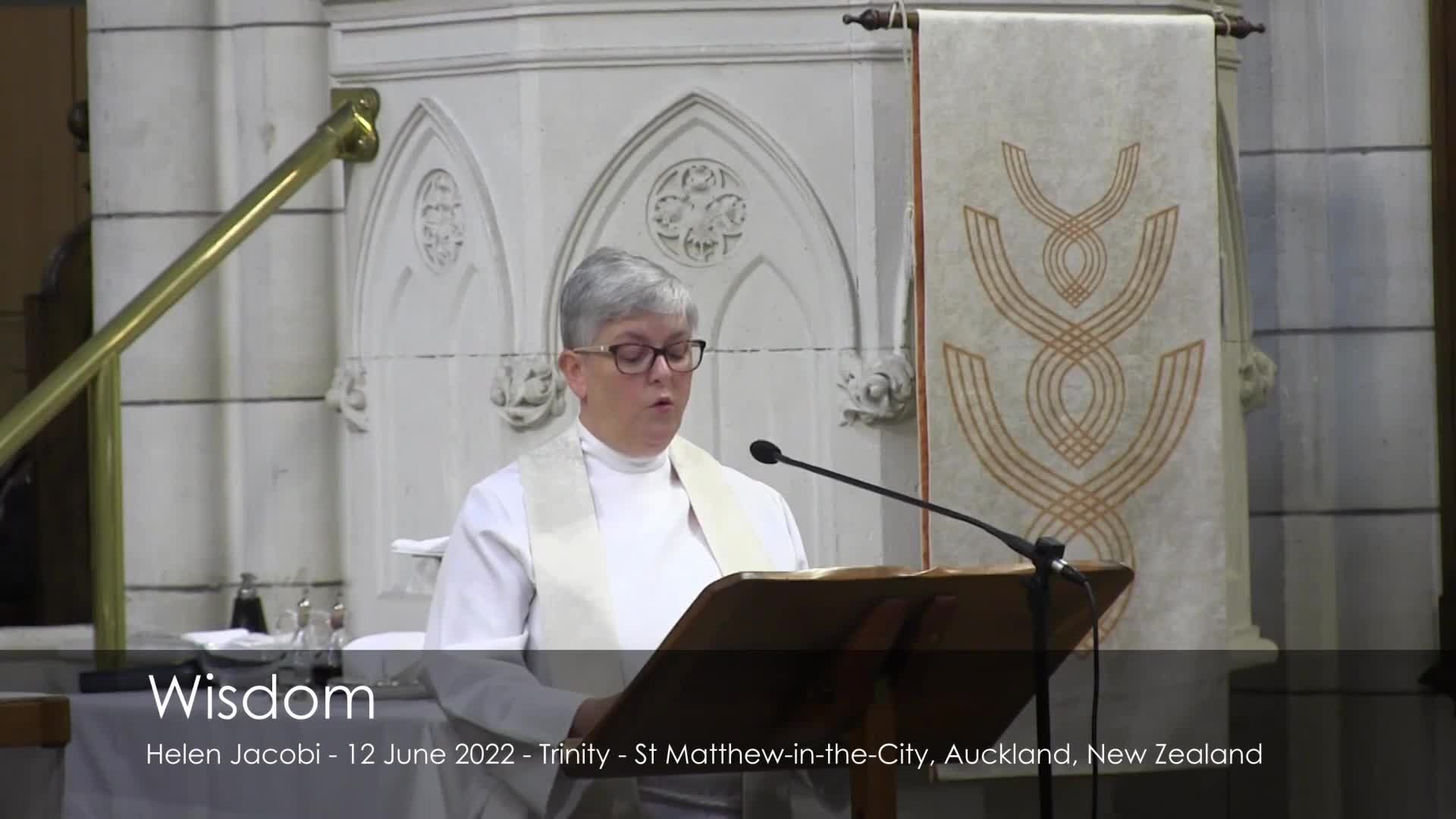
Wisdom

A day in the life of the Auckland City Mission

Wilderness
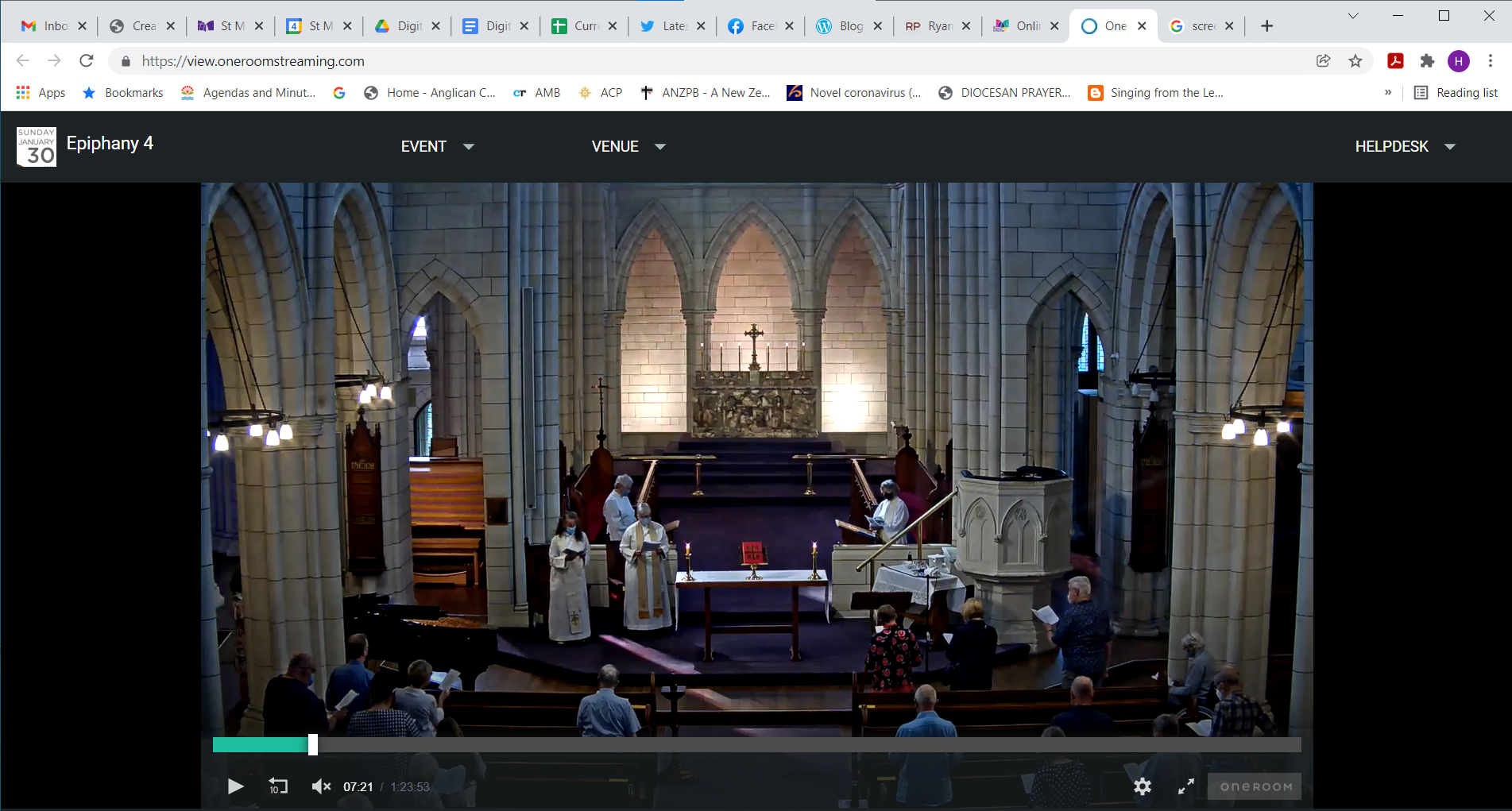
Hybrid worship
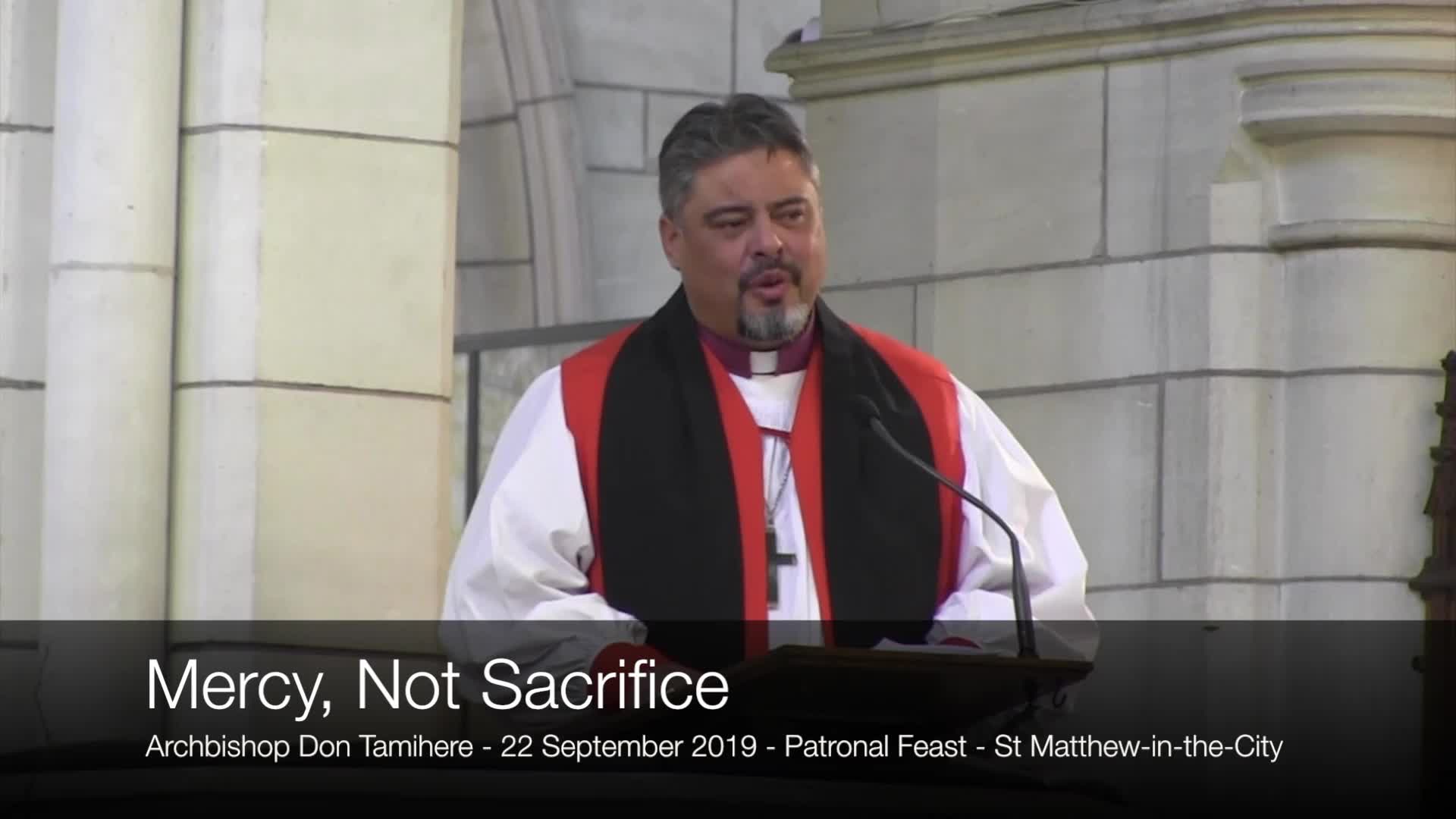
Mercy not sacrifice
